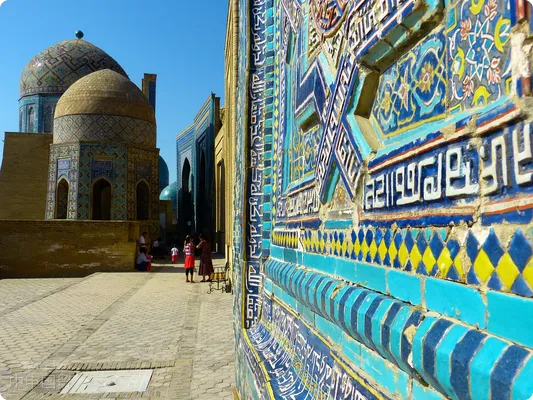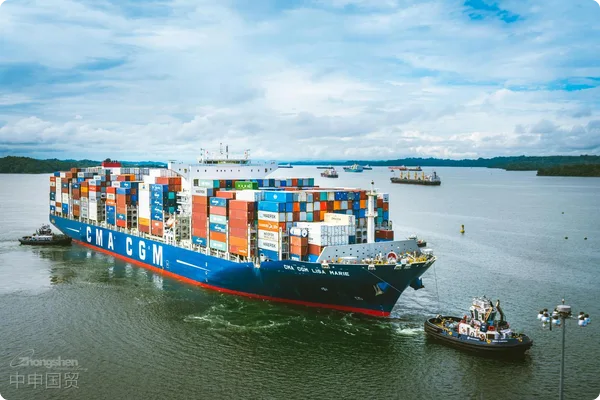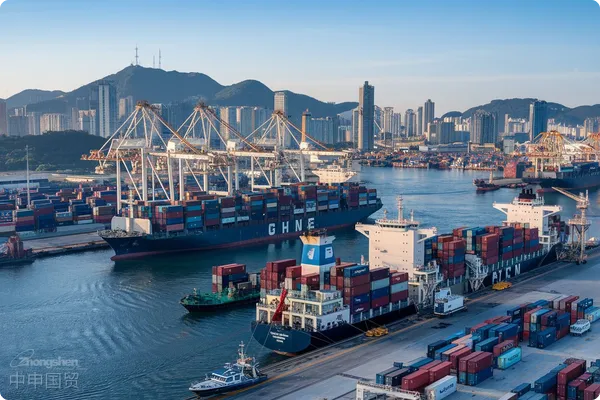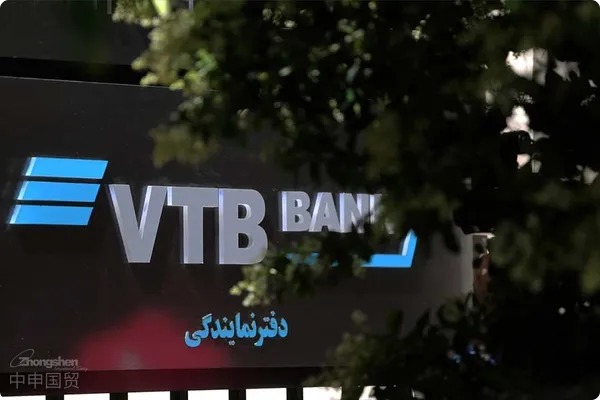- Shanghai Zhongshen International Trade Co., Ltd. - Two decades of trade agency expertise.
- Service Hotline: 139 1787 2118
Starting in 2025, Uzbekistan will introduce a series of new policies across multiple sectors, many of which directly impact the countrys trade and investment environment. According to recent official announcements, these new regulations primarily cover taxes, customs procedures, foreign talent recruitment, and transportation, with the core objectives of further attracting foreign investment, encouraging local enterprise transformation and upgrading, and enhancing Uzbekistans position in the global supply chain.

In terms of taxes and tariffs, the Uzbek government will abolish several long-standing VAT exemptions. In addition to formally imposing VAT on urban public transportation (including buses, subways, etc.), it will eliminate VAT benefits for enterprises with a 50% or higher employment rate of disabled workers and terminate land tax exemptions for newly established gardens, vineyards, and mulberry fields. Tobacco and alcohol products will also see rate adjustments: for example, the 10% ad valorem excise tax on filter cigarettes will be abolished and replaced with a 19.7% domestic market tax rate, while the excise tax on imported alcoholic beverages will be reduced by 25%, and the rate for locally produced alcoholic beverages will increase by 10%. Additionally, a new excise tax will be imposed on sugary non-alcoholic beverages, with adjustments for both carbonated and non-carbonated drinks.
Meanwhile, Uzbekistans push to develop e-commerce is evident, but e-commerce businesses will face higher tax burdens: corporate income tax will rise from 7.5% to 10%, and turnover tax will increase from 2% to 3%. Analysts suggest this may reflect the governments attempt to balance new economic growth with fiscal revenue. Furthermore, customs fees for pharmaceuticals and other medical items, which have long troubled importers, will be abolished starting in 2025. This measure is expected to boost investment in the healthcare sector and underscores Uzbekistans emphasis on modernizing its pharmaceutical industry.
Notably, the cost of recruiting foreign talent will also decrease significantly. Starting January 1, 2025, Uzbekistan will reduce the confirmation fee for hiring foreign experts by educational institutions from 30 BRV to 1 BRV, equivalent to a drop from 11.2 million soums to 375,000 soums—a 30-fold reduction. Private educational institutions hiring foreign teachers will also gain direct access to A2 category entry visas, bringing more international resources to the local education sector and further enhancing Uzbekistans talent development competitiveness.
In the customs and tariff sector, the government will impose import restrictions on certain products, such assolarsolar panels, inverters, and energy storage systems, which will need to comply with new regulations starting in 2025. Components not listed on the BNEF Tier 1 list will also be banned from import, with monthly updates published on the websites of the Ministry of Energy and the Customs Committee. Additionally, Uzbekistan is implementing a General Customs Payment Rule, allowing the use of bank guarantees, insurance policies, or material collateral to secure payment of tariffs and related fees. This will provide importers with greater flexibility while shortening the time for goods to enter the market.
Transportation is another key focus. VAT will be reinstated on public transportation, and the new Railway Transport Law will take effect on January 1, 2025, replacing the 1999 version. The new law grants carriers greater autonomy to set freight rates (except within state-regulated ranges). International freight will still be subject to cross-border agreements. Notably, Uzbekistan will officially become a party to the UNs Asia-Pacific Cross-Border Paperless Trade Agreement on February 3, 2025, allowing more electronic documentation for cross-border transport and significantly reducing trade time and costs.
On the environmental front, the country will introduce a mandatory recycling label system covering 54 materials, including plastic, paper, metal, and glass. Manufacturers or importers will be responsible for clearly labeling recycling information on products. The government hopes this will promote waste recycling and reduce environmental harm.
Overall, Uzbekistans new policies aim to enhance the transparency and competitiveness of its business environment while taking structural reform steps in fiscal, tax, and public service sectors. The gradual elimination of traditional benefits suggests the government is seeking to increase fiscal revenue through a fairer and more balanced tax system. At the same time, active support for e-commerce, foreign talent recruitment, and paperless cross-border trade reflects the countrys desire to integrate into the global supply chain network.
Related Recommendations
? 2025. All Rights Reserved. Shanghai ICP No. 2023007705-2  PSB Record: Shanghai No.31011502009912
PSB Record: Shanghai No.31011502009912










